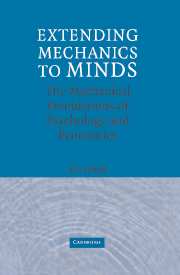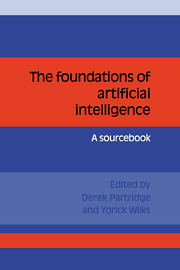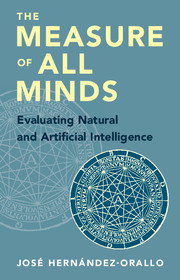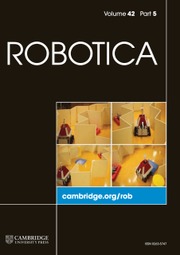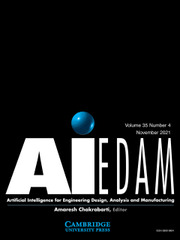Extending Mechanics to Minds
This book deploys the mathematical axioms of modern rational mechanics to understand minds as mechanical systems that exhibit actual, not metaphorical, forces, inertia, and motion. Using precise mental models developed in artificial intelligence the author analyzes motivation, attention, reasoning, learning, and communication in mechanical terms. These analyses provide psychology and economics with new characterizations of bounded rationality; provide mechanics with new types of materials exhibiting the constitutive kinematic and dynamic properties characteristic of different kinds of minds; and provide philosophy with a rigorous theory of hybrid systems combining discrete and continuous mechanical quantities. The resulting mechanical reintegration of the physical sciences that characterize human bodies and the mental sciences that characterize human minds opens traditional philosophical and modern computational questions to new paths of technical analysis.
- Integrates mechanics of mind and body
- Opens philosophical questions to new mathematical studies
- Author was made a fellow of the AAAI for his work in this area
Reviews & endorsements
This is an extraordinary treatise providing insight into a broad range of interrelated topics that have puzzled philosophers for millennia and occupied researchers in artificial intelligence, economics, cognitive science and psychology for as long as these disciplines have existed. Doyle has himself been studying these topics for over two decades and has probably done more than any other scholar to bring to bear the perspectives and insights offered by these disciplines and then to craft a new theory that borrows from the past but considerably expands the explanatory power of previous theories.
Thomas Dean, Brown University
Product details
May 2006Hardback
9780521861977
476 pages
234 × 159 × 34 mm
0.754kg
Available
Table of Contents
- Part I. Reconciling Natural and Mental Philosophy: Part II. Reconstructing Rational Mechanics: Part III. Mechanical Minds: Part IV. The Metaphysics of Mechanics: Part V. Conclusion of the Matter.

